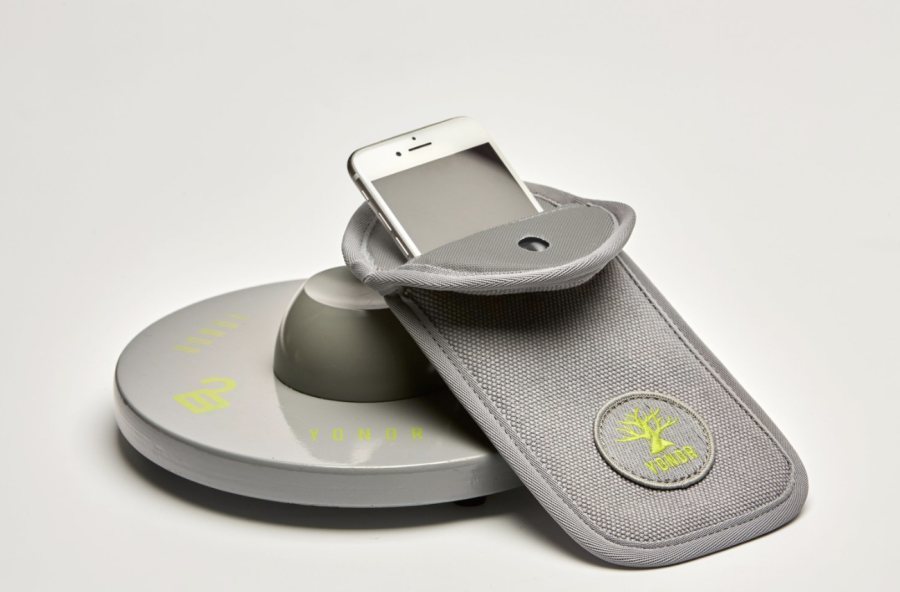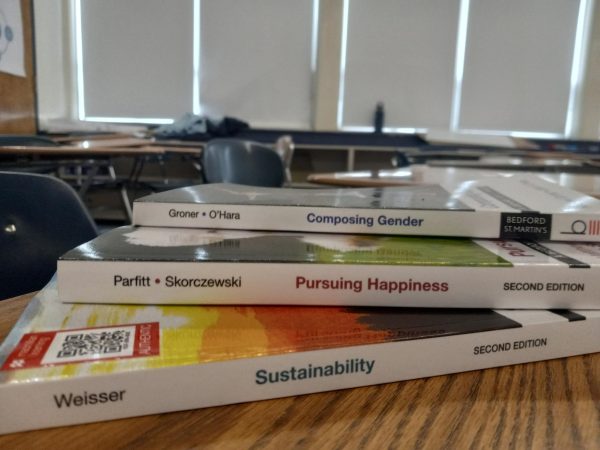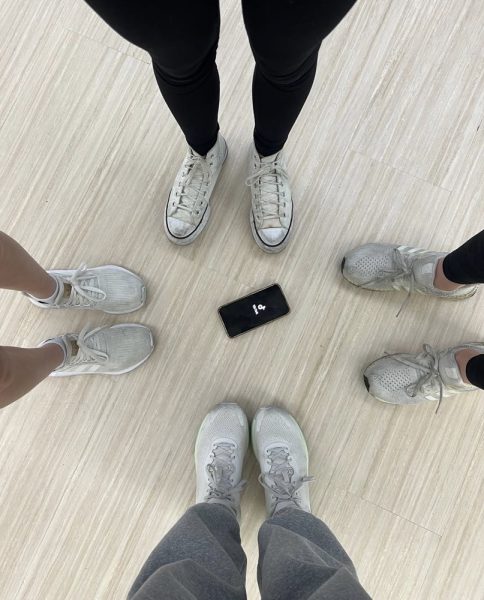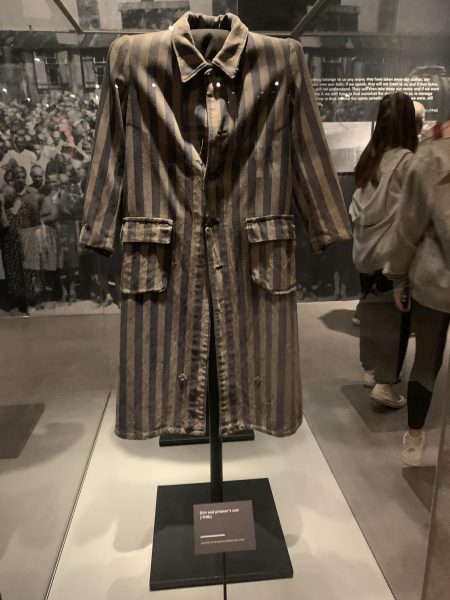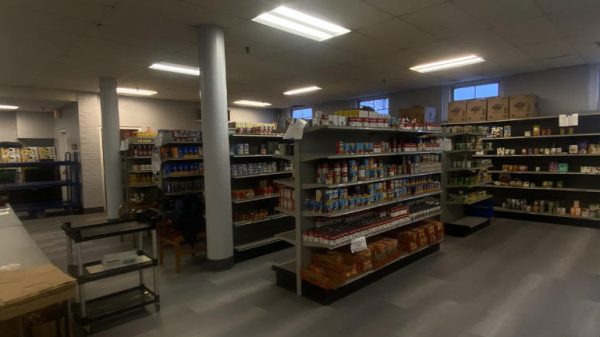Personal Credo Yondr Experiment Promoted Healthier Lifestyle
December 1, 2022
Scituate High School juniors are progressing with their personal credo projects–discovering both the benefits and drawbacks of their two-week experiments. A credo is defined as a statement of the beliefs or aims that guide someone’s actions. At SHS, all juniors participate in a personal credo experiment to connect with the tenets of Transcendentalism. This year, approximately 40 SHS juniors completed this experiment by keeping their cell phones locked in a Yondr pouch during the school day. One of the goals of the project was to promote a healthier lifestyle by decreasing phone usage.
While interviewing a group of students who were ten days into the Yondr project, a common struggle emerged: the inability to contact family members. Junior Paige Bleckley stated, “It is really hard because our whole lives are surrounded by our phones.”
Students who didn’t have access to their phones reported feeling isolated in the morning while their peers engaged with cell phones: “It’s not something we can just turn off right away,” Beckley stressed, explaining that spending the morning without social media and iMessage was a drastic change for her. Junior Natalie Naylor expressed, “It’s hard to keep yourself accountable.” Nevertheless, Naylor stressed the importance of a positive attitude and stated, “If you have a positive attitude, it can support you and make the project different.”
Despite the inherent challenges of going through the school day without their phones, Yondr participants adopted some positive habits. Junior Cooper McDonald shared his experience: “I feel better when I’m at lunch because I don’t have the option to go on my phone.” McDonald added, “When I’m in the hallways, I don’t have the option to look down at my phone.”
Without the availability of their phones, students noticed more social opportunities. Additionally, some Yondr participants experienced better sleep and greater focus during the school day. Junior Sydney Cataldo said she went home with “a lot less homework.”
Even though most students felt they benefitted from the Yondr project, many found ways to cheat the system. An anonymous participating student stated, “There is no point in doing this project because it increases screen time after school.” Another anonymous participant said, “We have grown up in a society where phones are vital for many aspects of life and find it unsafe to be without a phone in case of emergencies.” Some students admitted they locked their phones away in the Yondr pouch and went on their computers during class to scroll on TikTok and Instagram—ruining the point of the experiment.
Several students expressed mixed feelings about shifting back to life with full cell phone access. Most are excited for the experiment to be over, while others hope to continue their new productive lifestyle.
